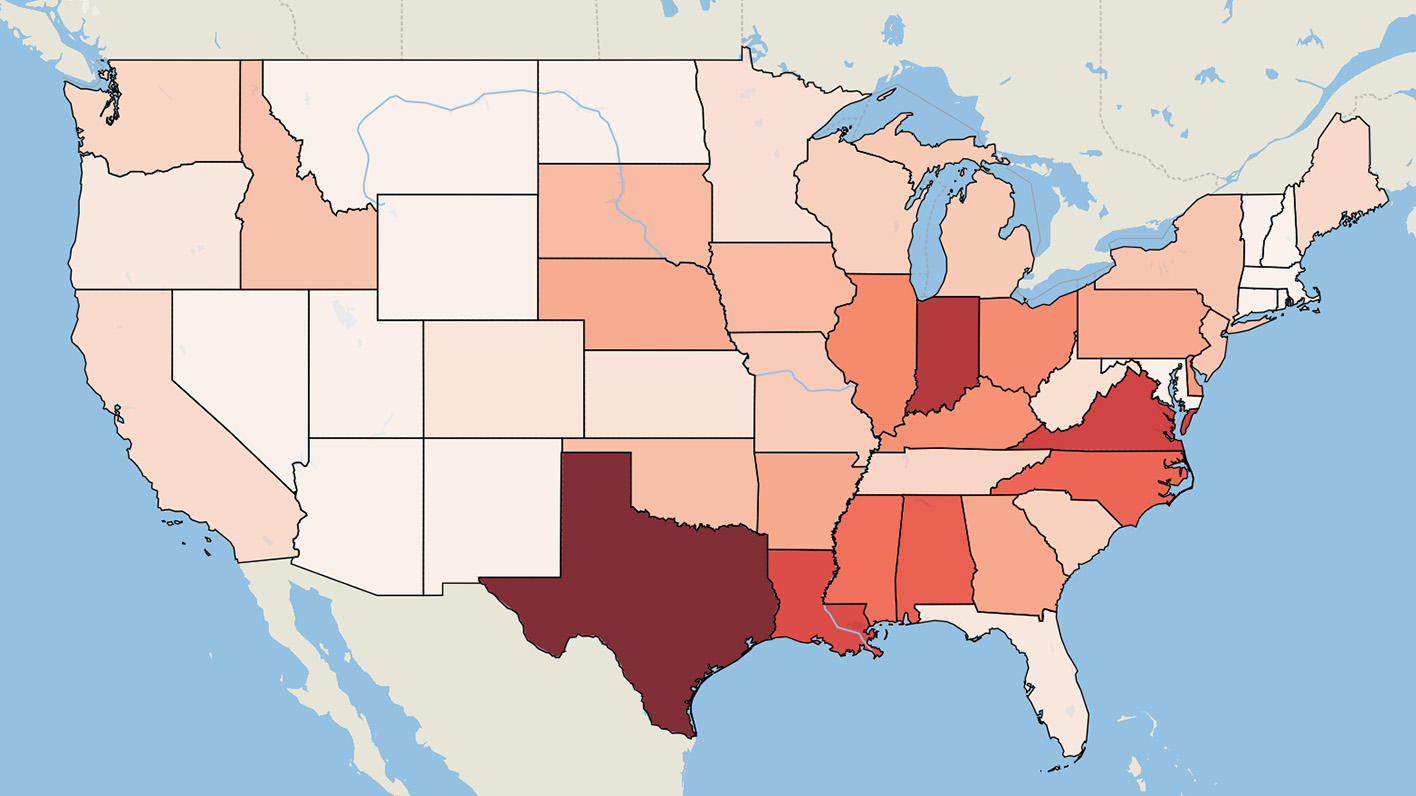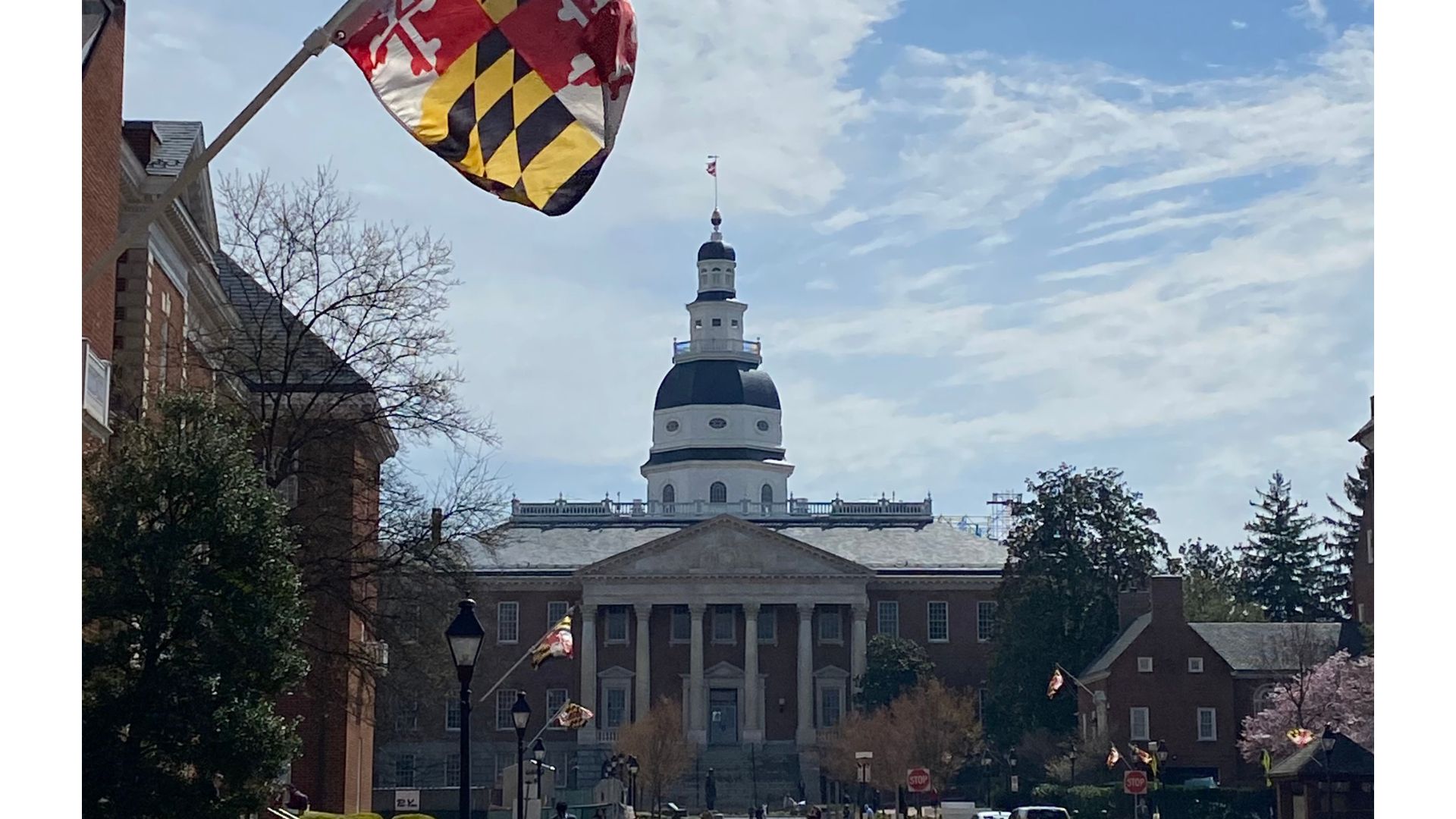
Resource Guide: ‘Green’ Cleaning Options for Baltimore
Half of Baltimore stores carry certified non-toxic products. Find out where!
Our store survey found that half of Baltimore stores sell certified non-toxic cleaning products. These stores are mostly located in northern and southern parts of the city, leaving east and west Baltimore with limited options.
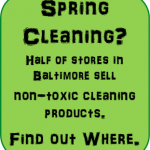
Maryland PIRG Foundation
Health Hazards
What are ‘toxic’ chemicals?
There are over 80,000 chemicals on the market today, and many of them are hazardous to our health. Exposure to bisphenols, triclosan, phthalates, and others has been linked to serious health issues, including cancers, learning disorders, and asthma.
Which products contain harmful chemicals?
Manufactures are not required to disclose or label all chemicals used, making it even harder to choose safer alternatives!
Disclosure policies and testing have revealed harmful substances in everday cleaners, soaps, and laundry detergents.
Where can I buy safer products in my Baltimore neighborhood?
Our store survey found that half of Baltimore stores sell certified non-toxic cleaning products. These stores are mostly located in northern and southern parts of the city, and each store offers a different limited selection of non-toxic cleaners.
Consumer Protections
Are toxicants restricted in consumer products?
Although Maryland is a leader in state-level chemical protections, thousands of unregulated toxic chemicals are still used in many household products. Meanwhile, Congress is in the process of revamping the decades-old Toxic Substances Control Act, but the reforms are expected to fall short of protecting our families from toxic chemicals.
Are toxicants at least labelled?
The right-to-know principle applies to all consumer products, including the cleaners we use on eating and sleeping surfaces. In order to protect our health and the health of our children, our state should adopt stronger labeling and disclosure laws to help us protect ourselves.
Corporate Responsibility and Consumer Choice
How can I be sure a product is ‘green’?
Until companies eliminate toxic chemicals from products, third-party certifiers test products to guarantee human and environmental safety. The EPA’s ‘Safer Choice,’ for example, examines products for plant-based ingredients, safer packaging, and low off-gassing levels.
How can I help keep my family safe?
The practice of ‘greenwashing’ – labeling a product as ‘green’ without actually assuring its safety – is rampant. Several brands are leading the way by disclosing and explaining their ingredient lists online. Reading and researching ingredients can help keep your family safe!
Learn More at http://marylandpirg.org/topics/public-health
Topics
Find Out More

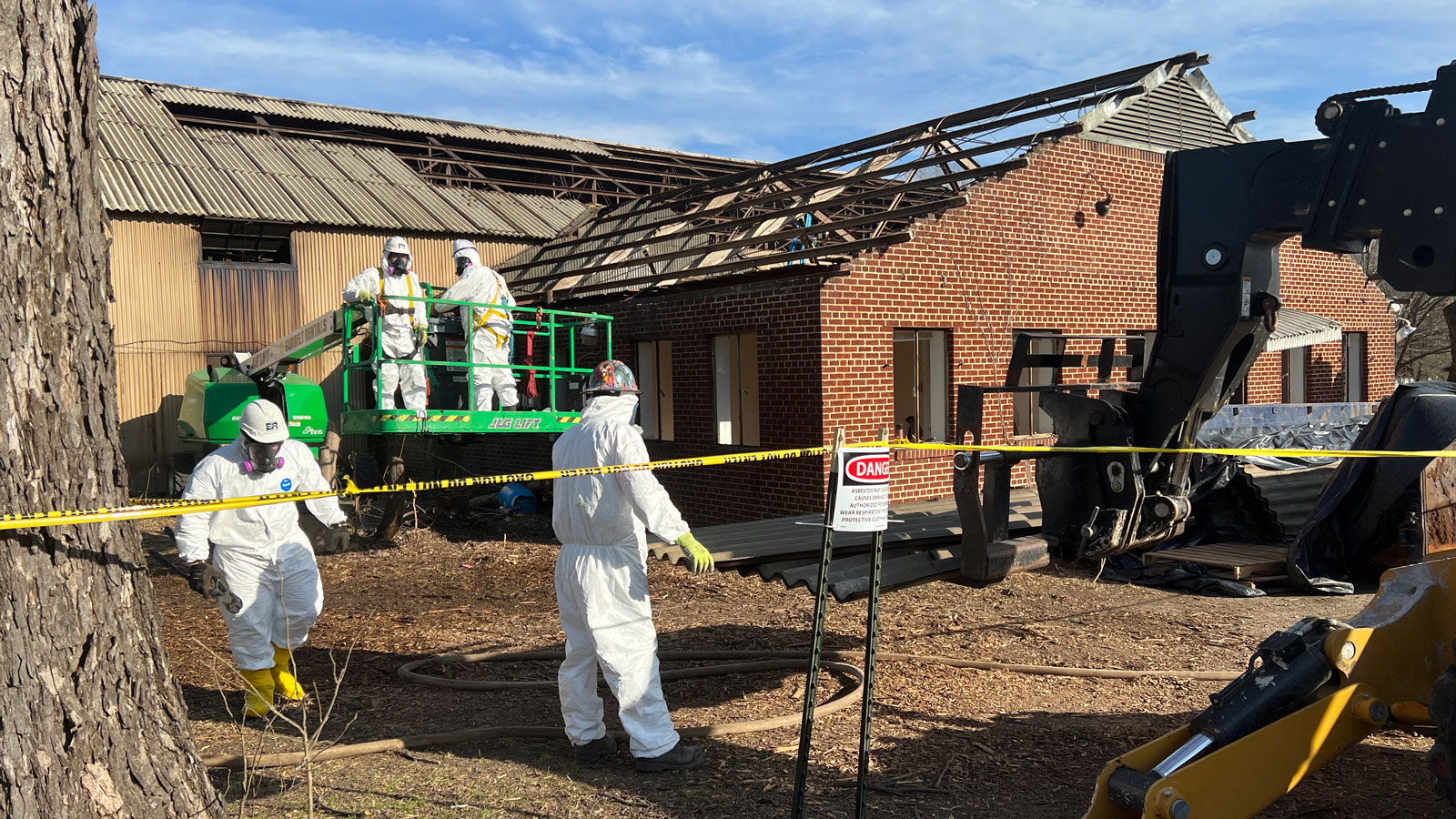
Superfund Back on Track
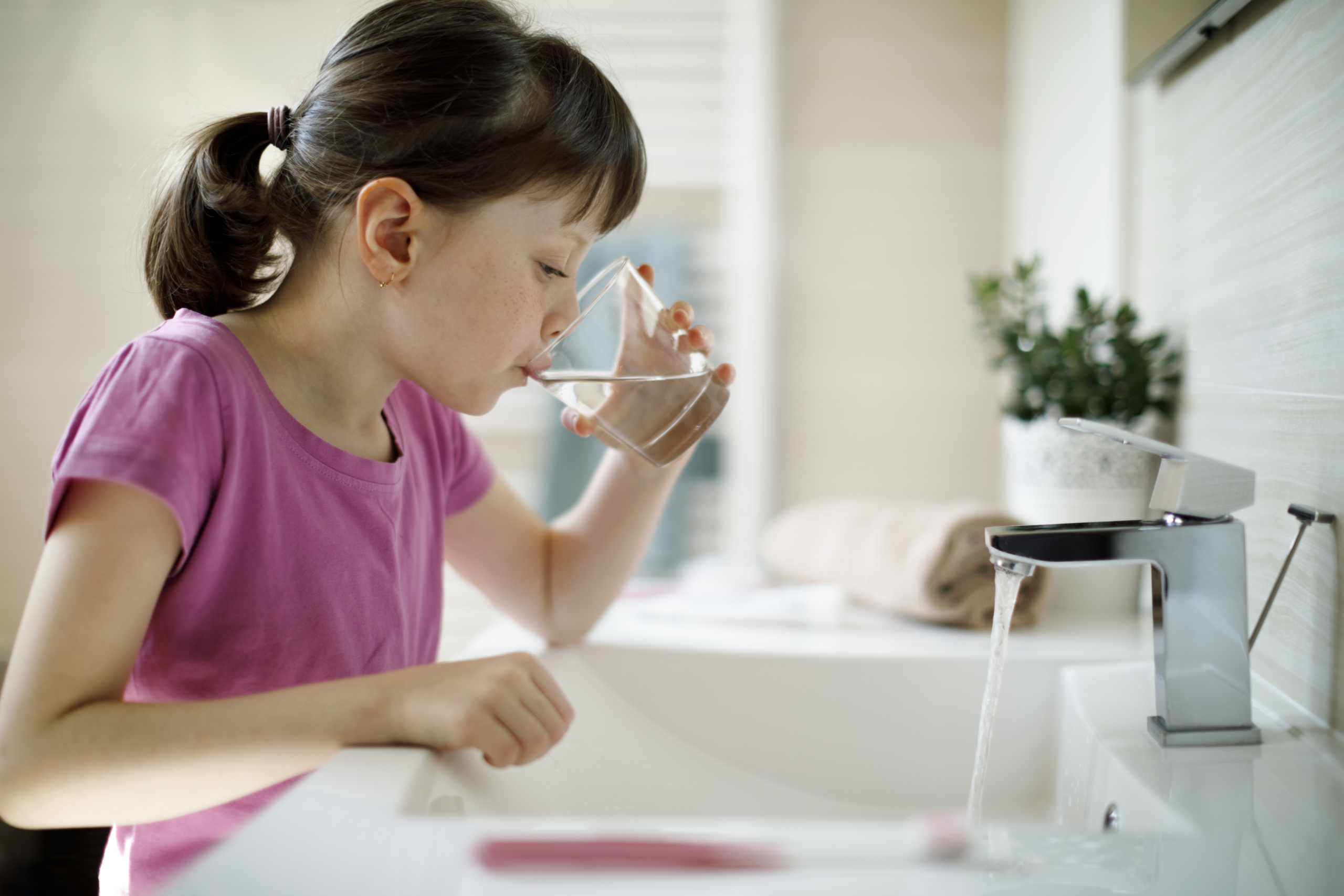
The Threat of “Forever Chemicals”
